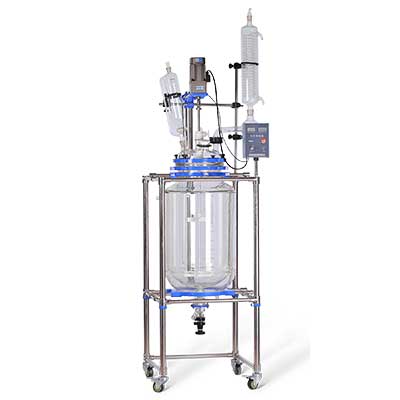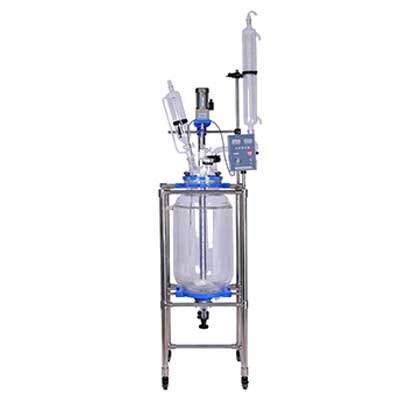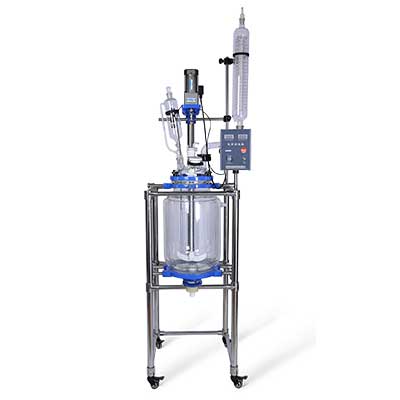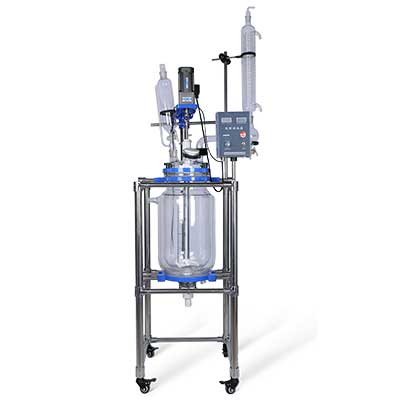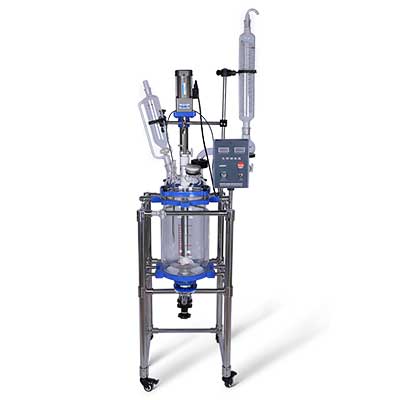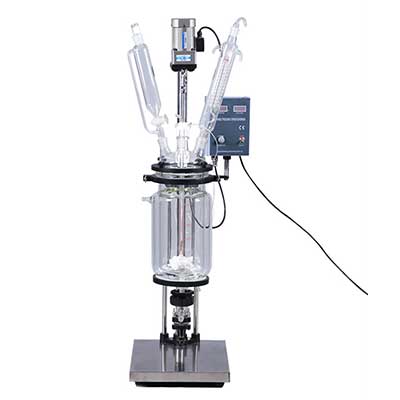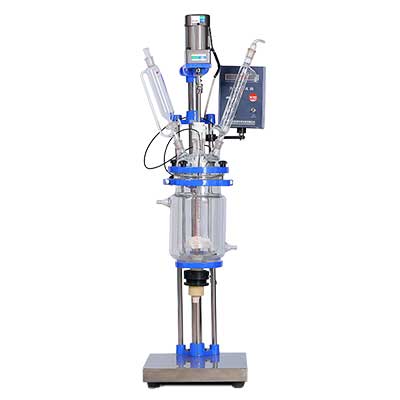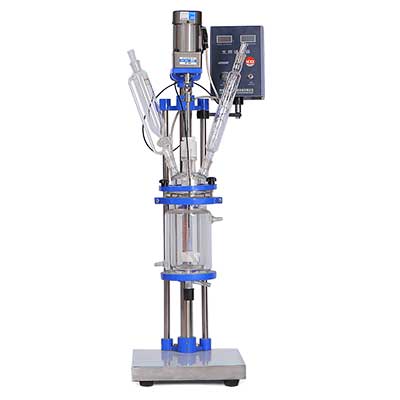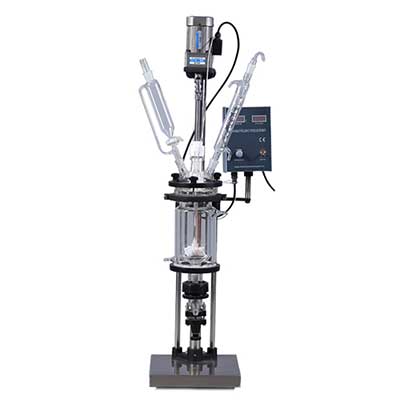Laboratory glass reactor differentiation
Glass reactors are used in many places when we conduct experiments and pilot tests in the laboratory. Glass reactor vessels are one of the most important instruments in laboratory instruments.
The lab glass reactor can be divided into a double-layer glass reactor and a single-layer glass reactor. Then the double wall glass reactor and the single-layer glass reactor are glass reactors. Why should they be separated? What is the difference between a single-layer glass reactor and a jacketed glass reactor?
Let's take a look at the differences between the single jacketed glass reactor and single-layer glass reactors today.
To say the difference between a double-layer glass reactor and a single-layer glass reactor, we have to say how they work. The inner layer of the double-layer glass reactor can be placed in the reaction solvent, which can be used for stirring reaction; and the interlayer can be connected to different cold and heat sources, such as freezing liquid, hot oil, hot water boiling water, etc., so that it can Do high-temperature reaction, if equipped with the corresponding circulating oil bath, the temperature can reach 300 ° C; at the same time it can also be configured with the corresponding low-temperature coolant circulation system for low-temperature reaction, wide range of use, long use time.
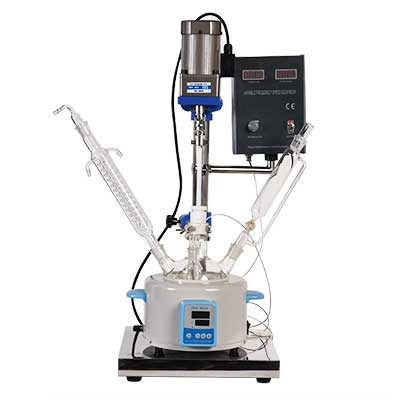 |
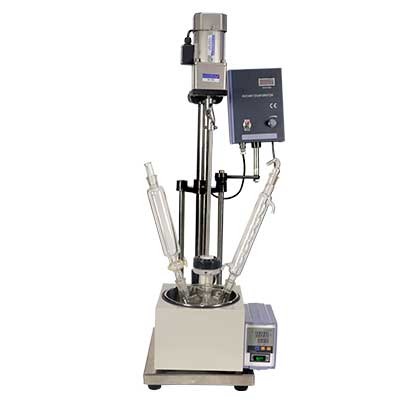 |
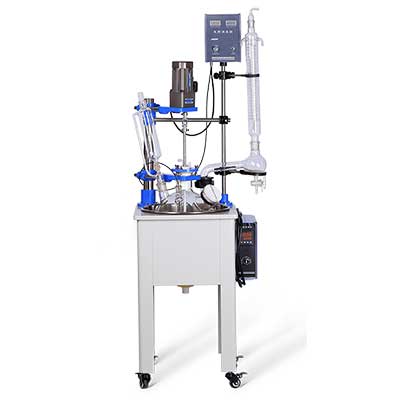 |
| F-2L Single layer glass reactor | F-3L Single layer glass reactor | F-10L Single layer glass reactor |
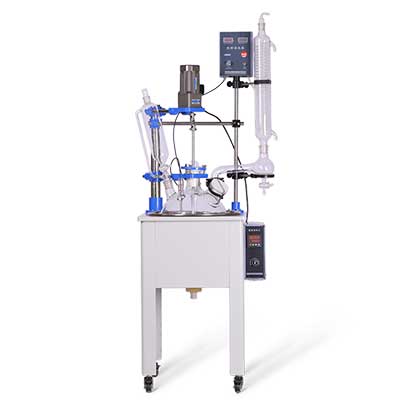 |
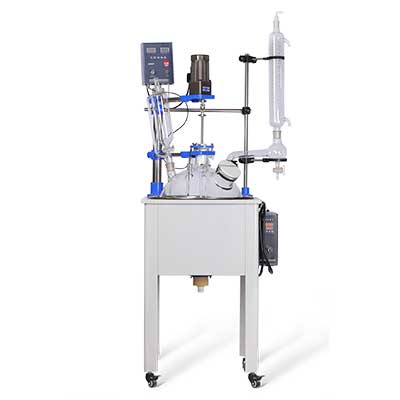 |
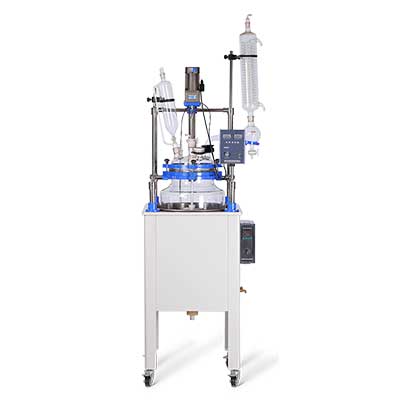 |
| F-20L Single layer glass reactor | F-50L Single layer glass reactor | F-100L Single layer glass reactor |
The single-layer glass reactor itself has a heating system, which can directly carry out various chemical and synthetic reactions under constant temperature conditions. The single-layer glass reactor is a fully enclosed system, which can continuously inhale various liquids by using negative pressure or Gas can also be filled and distilled at different temperatures.
